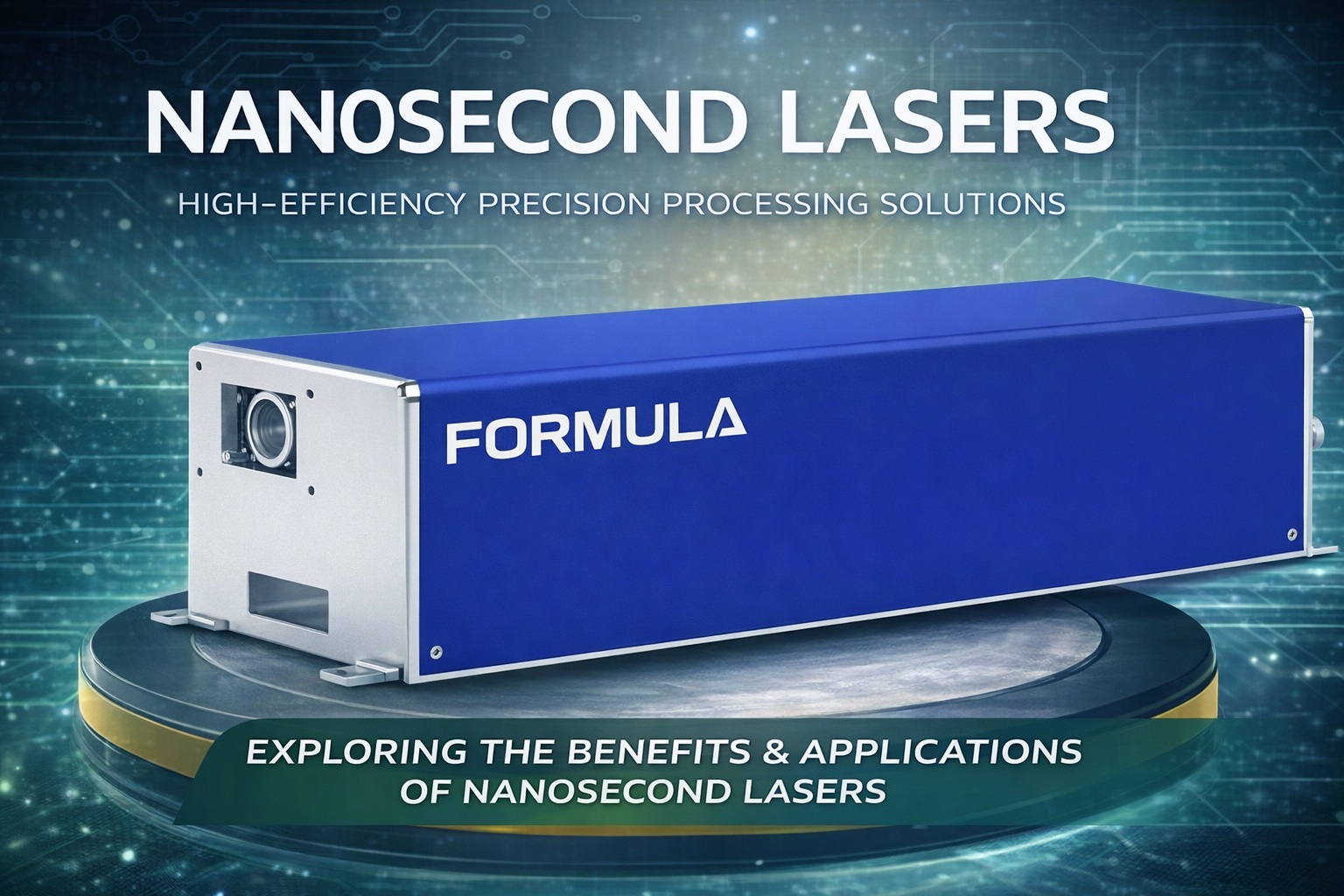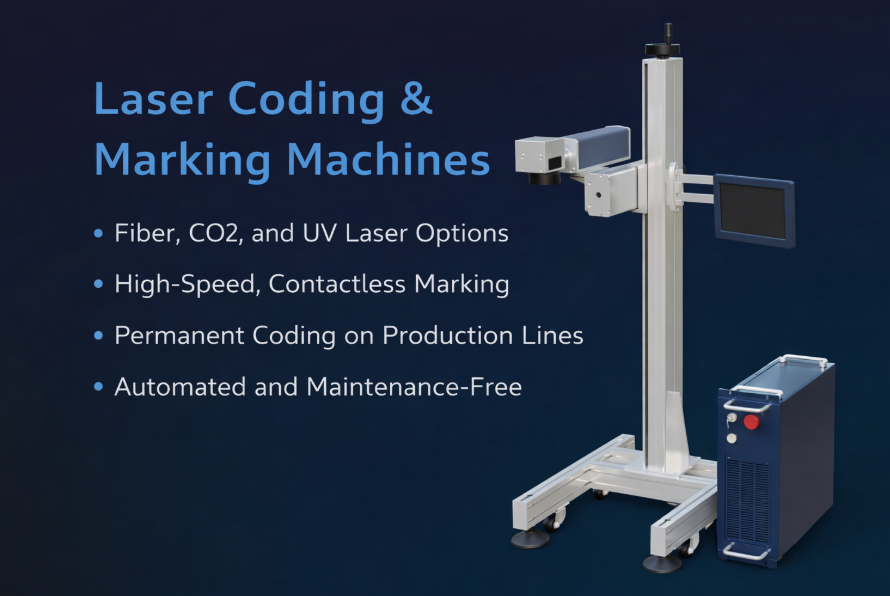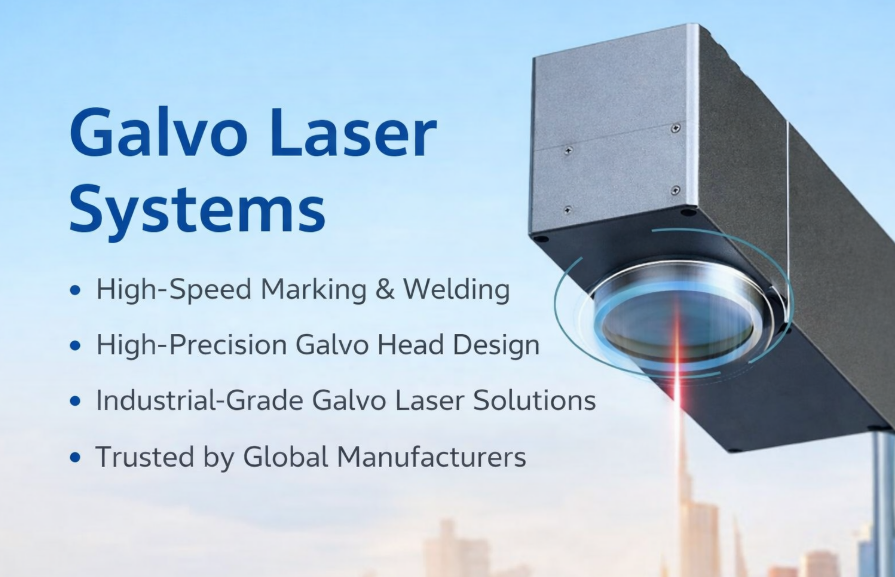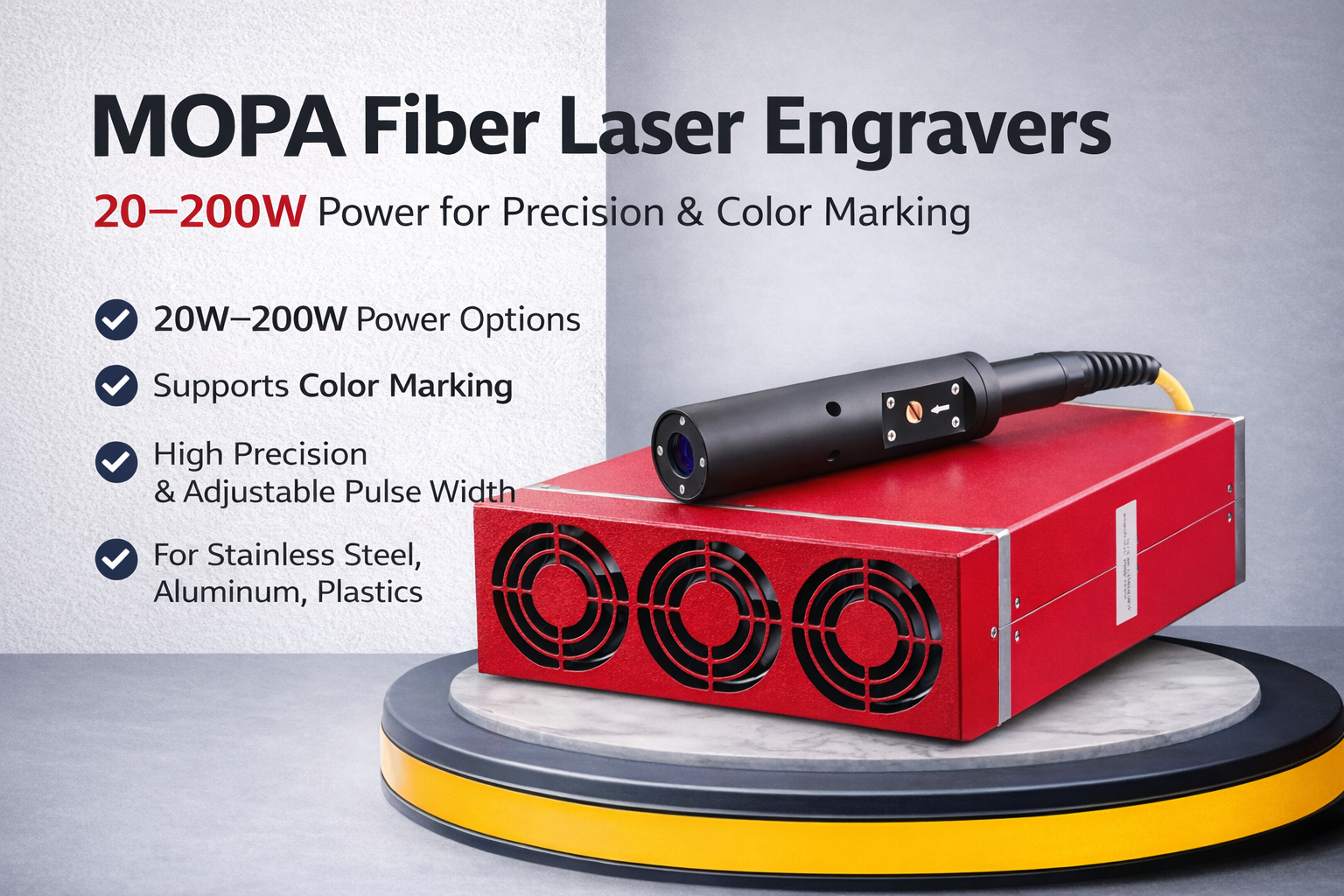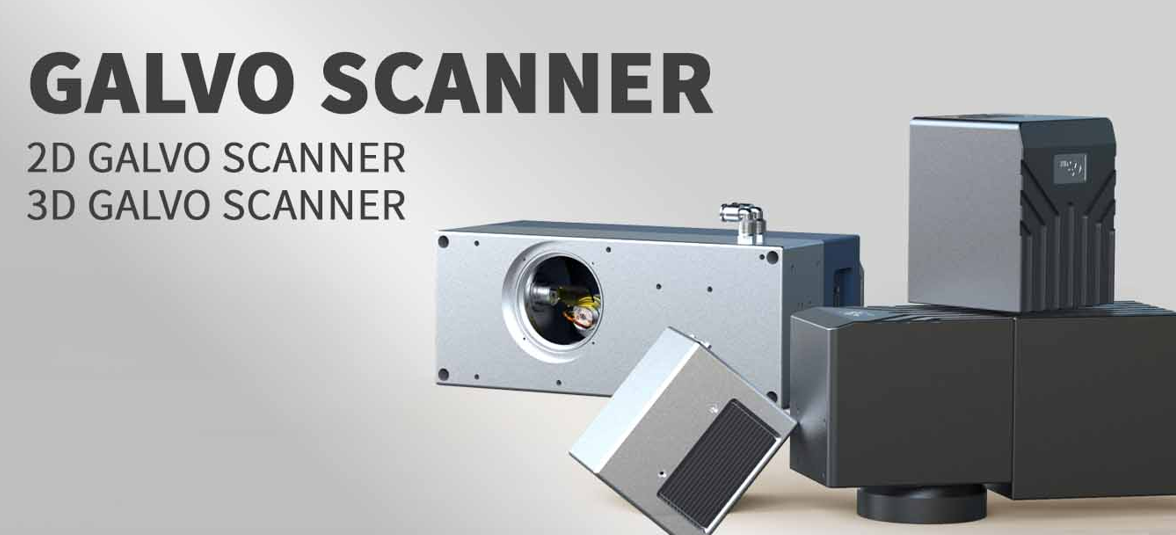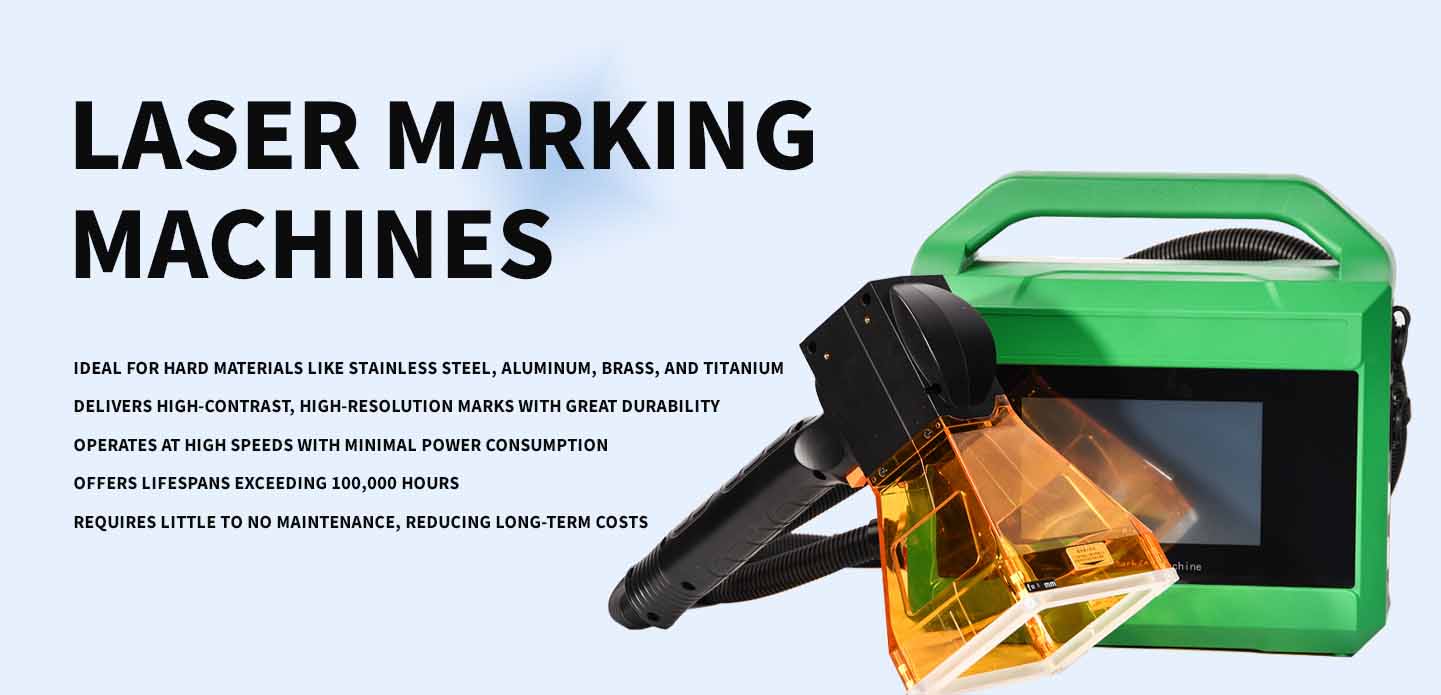
In the ever-evolving landscape of industrial manufacturing and product customization, laser marking machines have become indispensable tools. Whether for traceability, branding, or compliance purposes, laser marking offers unmatched precision, speed, and permanence—especially when marking metals. Among the various types of laser systems, the fiber optic laser engraver stands out as the leading solution for high-performance metal marking.
What is a Laser Marking Machine?
A laser marking machine is a high-precision device that uses a concentrated laser beam to create permanent marks—such as serial numbers, barcodes, logos, and QR codes—on a wide variety of materials. Unlike ink printing or mechanical engraving, laser marking is contactless, clean, and extremely durable.
Key benefits include:
High marking precision down to microns
Non-contact, damage-free processing
Fast marking speed for industrial-scale production
Eco-friendly with no need for ink or chemicals
Maintenance-free options with long service life
Why Choose a Fiber Optic Laser Engraver?
The fiber optic laser engraver is specifically engineered for marking metal surfaces. It uses fiber laser technology to emit a high-powered laser beam through a fiber optic cable, achieving superior beam quality and efficiency.
Advantages of Fiber Laser Engraving:
Ideal for hard materials like stainless steel, aluminum, brass, and titanium
Delivers high-contrast, high-resolution marks with great durability
Operates at high speeds with minimal power consumption
Offers lifespans exceeding 100,000 hours
Requires little to no maintenance, reducing long-term costs
Fiber lasers are widely used in the automotive, aerospace, medical device, electronics, and metal tools industries, making them a top choice for businesses looking to invest in durable and future-proof marking technology.
Laser Marking Machine for Metal: Industrial-Grade Results
When it comes to metal, precision and permanence are critical. A laser marking machine for metal needs to deliver clean, clear, and permanent marks—whether it’s for product identification, traceability, or regulatory compliance.
Typical Applications:
Tool and die manufacturing: Part number and batch code marking
Medical devices: UDI-compliant laser etching
Electronics: Component traceability without damaging circuitry
Jewelry and luxury goods: Custom engraving on metals like gold and silver
Automotive: VIN numbers, QR codes, and logo branding on parts
Whether you’re working with flat metal sheets or complex 3D metal components, fiber laser marking ensures excellent legibility without compromising material strength.
Choosing the Right Laser Marking Machine
When evaluating a laser marking machine, consider the following:
| Criteria | Why It Matters |
|---|---|
| Laser Source | Fiber laser for metals, CO₂ for organics |
| Wavelength | 1064nm for metals (fiber lasers) |
| Power (W) | Higher wattage = deeper/faster marking |
| Marking Speed | Impacts production throughput |
| Software Compatibility | Look for EZCAD, LightBurn, etc. |
| Cooling System | Air-cooled vs. water-cooled based on needs |
Conclusion: Invest in Precision and Reliability
For manufacturers, engravers, and production facilities that work with metals, a fiber optic laser engraver is the gold standard. It delivers long-term reliability, ultra-fast performance, and unmatched engraving precision. Whether you’re adding barcodes to tools, logos to components, or data codes to medical devices, a laser marking machine for metal is the ultimate tool for modern production.
Explore our range of laser solutions today and take your marking precision to the next level.
由用户投稿整理稿件发布,不代表本站观点及观点,进行交流学习之用,如涉及版权等问题,请随时联系我们(yangmei@bjjcz.com),我们将在第一时间给予处理。


